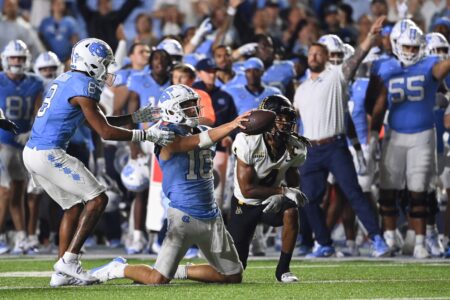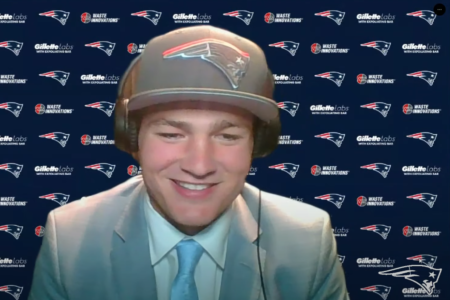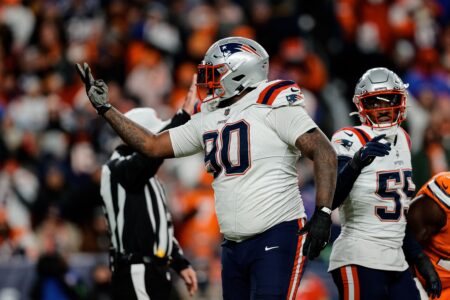townes
Third String But Playing on Special Teams
- Joined
- Sep 16, 2004
- Messages
- 917
- Reaction score
- 0
Sort of, but not really. It would only take the votes of 9 owners to trigger the opt-out. Once it became apparent during the owners meeting that the opt-out had the numbers, it behooved the rest of the owners to make the official vote unanimous, so as to be able to present a united front in negotiations.
Exactly. The best thing both sides could do is fire their counsel and bring in new lawyers with no agenda to write the deal once agreed upon. Smith and Kessler suck but Pash is every bit as bad as either and for some reason he skates while people vilify player counsel constantly. The vast majority of owners want a deal and they need to tell those who want a free ride to sell their franchises if they aren't doing well enough to satisfy them, and the players need to make clear to Kessler and Smith that they won't go along with anything that takes apart the basic structure of the game and fire them if they don't agree to those terms.
Counsel on both sides want an outright win and that isn't good for the game and would result in a long long labor dispute neither can afford. real compromise by both sides is what is needed and counsel doesn't understand that concept.
















